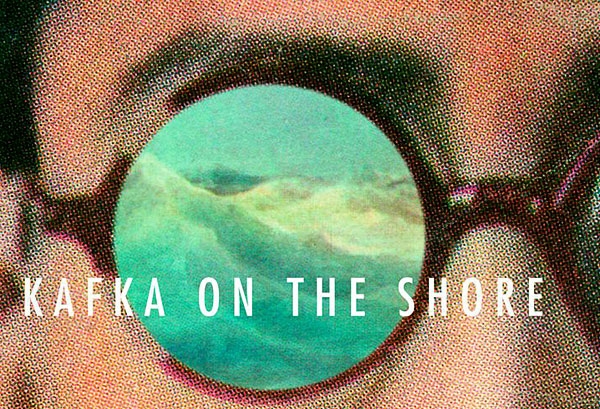| Columns Retired Columns & Blogs |
I call it "Music by Dasein."
Regarding this high fidelity stuff...I don't need it, but I certainly love it. It's fun, it's a fascination, a great toy, something to be pondered and played with, but Hi Fi has never once taken me someplace my car stereo couldn't, a friend's "Low or Mid Fi" rig did't, or where a well placed boom box wouldn't.
People, place, setting/situation...all of these come before recorded fidelity, for me.
John Prine, Miles Davis, or Aaron Copeland...have any of your favored artists works not worked for you in the car or at someone else's place and only at home in front of your main rig? I hope not!!
Does anyone hear a beloved tune in the car and think, "Man, this sound is crap, but when I get home I'm gonna play this on the big boy system and get a chance to enjoy it?" Or, do you tilt your head back slightly and sing along?
I think that the music all lives in the same place, and every method of reproduction just gives us slightly a different view of the same landscape.










































